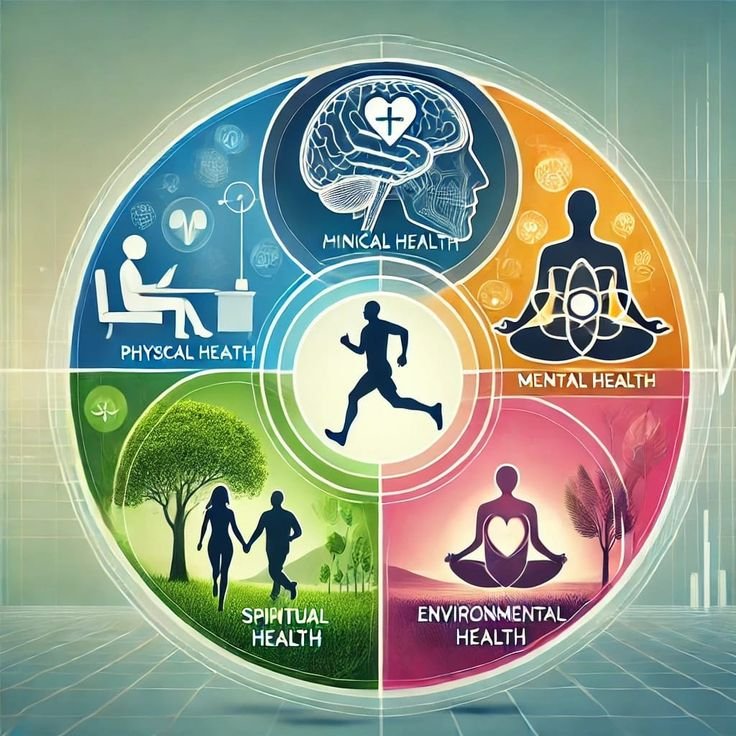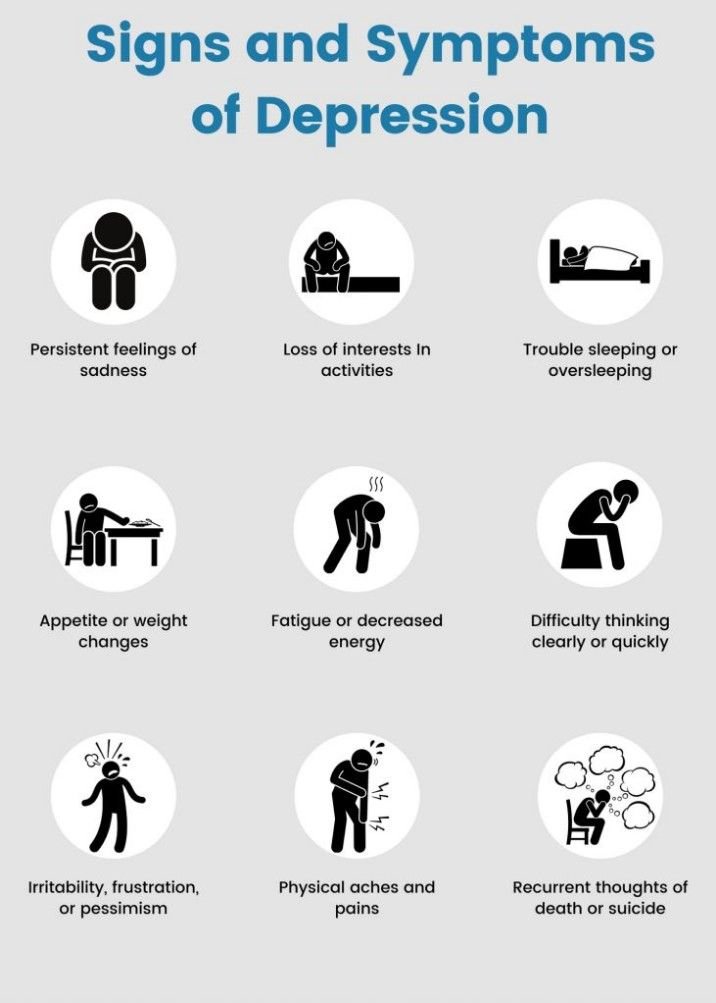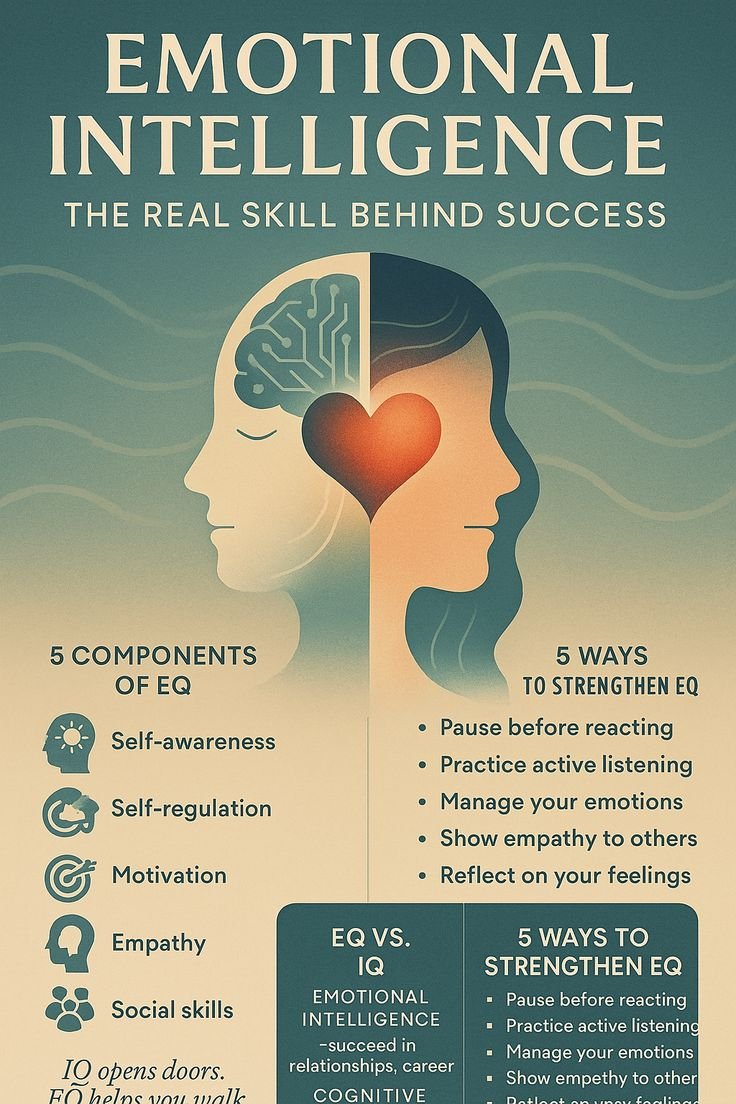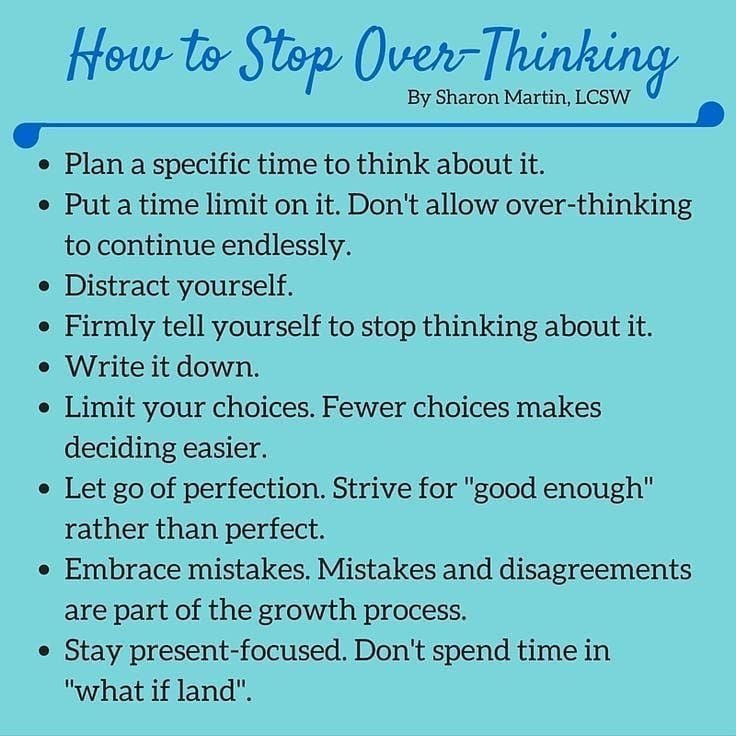Blog
Emotional & Mental Health

Emotional & Mental Health refers to your psychological, behavioral, and emotional balance It dictates how you comprehend your emotions, deal with difficulties, and uphold wholesome relationships. Strong mental health enables you to think clearly, handle stress, and react to circumstances in a balanced manner. It supports you in maintaining a positive outlook and self-assurance in day-to-day living Poor emotional & mental health can lead to stress and anxiety.
Maintaining emotional awareness, developing resilience, and managing stress are all made possible by having good mental health. It affects your disposition, your ability to make decisions, and your social interactions.
Why Emotional and Mental Health Matters in Daily Life

Emotional and mental health play a vital role in your daily life because they affect the way you think, behave, and make decisions. When your emtional and mental health is stable, you become more productive, confident, and adaptable in difficult situations. It also helps you maintain healthy relationships and reduces the chances of burnout. Poor emtional and mental health can lead to stress, mood swings, low motivation, and difficulty concentrating. It also affects your physical health, sleep patterns, and energy levels.
Common Signs of Poor Emotional and Mental Health
The most common sign of poor emotional and mental health is constant mental fatigue, which does not allow a person to feel light-hearted all the time but rather makes him feel very heavy, and he is not able to feel joy even in the things he used to like before. Anxiety, loneliness of the mind all the time, being lost in thoughts, fear, or any of these are its main symptoms. Sometimes sleep becomes a problem; either sleep comes more or does not come at all. A decreased or abnormal increase in appetite can also be a sign of mental stress or loss of interest.

A person becomes increasingly burdened by even small responsibilities, which leads to anger, irritability, and a distancing from others. Clear signs of this are that some people lose self-confidence and start thinking negatively or having negative thoughts all the time. If these symptoms persist for several weeks, it is essential to consult a trusted person or seek treatment from a psychologist regarding your health.
Effective Stress Management Techniques
Healthy communication also plays a significant role in enhancing emotional and mental health by helping people express their thoughts with honesty and clarity. When you communicate respectfully and listen actively, it becomes easier to understand the emotions behind someone’s words. This reduces emotional pressure, builds trust, and creates stronger, healthier connections. Consistent and open communication also encourages emotional expression, which prevents stress from building up and supports long-term mental well-being.
Helpful habits include:
- Drinking enough water
- Spending time outdoors
- Reducing negative content
- Creating a morning routine
How to Improve Your Emotional Intelligence
You can better understand and manage your emotions by developing your emotional intelligence, which directly improves your emotional and mental health. You can begin by practicing empathy, recognizing the causes of your feelings, and increasing your awareness of your reactions. Stronger relationships and emotional awareness are also facilitated by active listening and clear communication.

Here are some easy methods to increase EQ:
- Every day, practice mindfulness
- Consider your feelings before responding.
- Boost your ability to communicate.
- Make an effort to comprehend the viewpoints of others
How to Develop a Positive and Healthy Mindset
Strong emotional and mental health are largely dependent on having a positive mentality. It enables you to see challenges as chances and maintain motivation in trying circumstances. You can change your perspective to one of growth and joy by engaging in positive self-talk, affirmations, and gratitude exercises.
Mental health is also enhanced by avoiding negative factors and maintaining relationships with positive people. Your emotional resilience naturally increases when you train your mind to remain positive and optimized.
Role of Self-Care in Emotional and Mental Wellbeing
Self-care is one of the most crucial tools for improving emotional and mental health. Activities such as getting enough sleep, eating a healthy diet, spending time in nature, and taking small breaks help reduce stress and restore mental energy.
| Type of Self-Care | Description |
| Physical Self-Care | Sleep, exercise |
| Emotional Self-Care | Journaling, therapy |
| Social Self-Care | Healthy relationships |
| Mental Self-Care | Reading, learning |
How to Overcome Anxiety and Overthinking
Anxiety and overthinking can disturb your mental health by disrupting focus and increasing stress levels. To overcome them, try grounding techniques, slow breathing exercises, and distraction-free breaks. These methods help calm the mind and bring attention to the present moment.

Another effective way is to challenge irrational thoughts and replace them with logical, positive alternatives. Staying away from negative triggers, reducing screen time, and seeking support when needed also help reduce anxiety. Keywords: reduce anxiety, stop overthinking, anxiety control.
Conclusion
A healthy, successful, and satisfying life requires a solid foundation in emotional and mental health. You develop flexibility and inner power naturally when you are aware of your feelings, effectively handle stress, and communicate with others. You can overcome common problems like anxiety, stress, and overthinking by developing habits like self-care, positive thinking, attention to detail, and emotional awareness. You can cultivate a healthier mindset, increase your confidence, and enhance your emotional and mental health stability by prioritizing your well-being first and making small, regular changes. In addition to improving your day-to-day existence, improving your emotional and mental well-being promotes long-term contentment, inner serenity, and personal growth.
